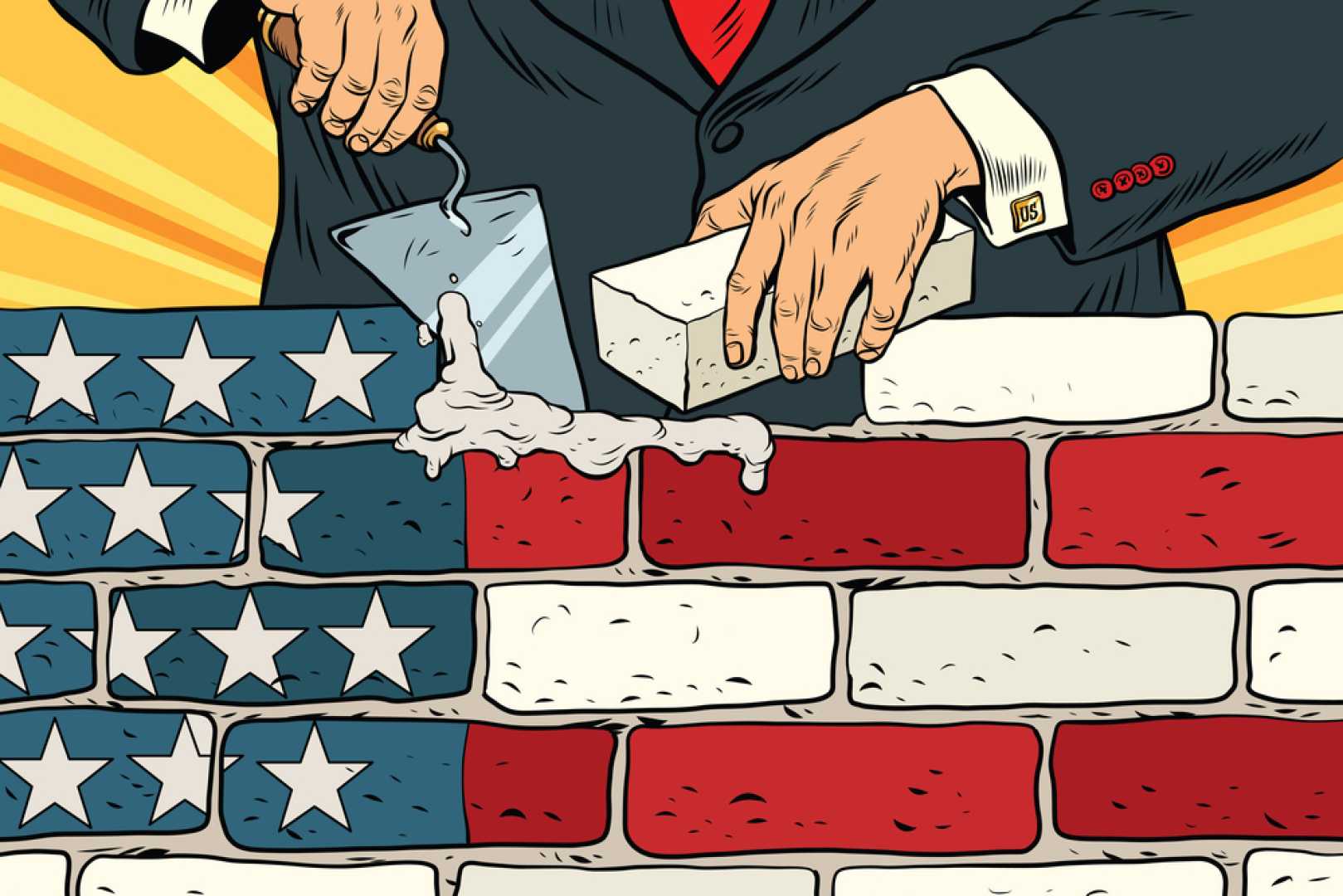Politics
Senator Kim Warns of Trump’s Isolationist Foreign Policy

Trenton, New Jersey — Senator Andy Kim expressed concerns about what he calls a coherent and dangerous neo-isolationism in the U.S. foreign policy under former President Donald Trump. Speaking on April 25, Kim responded to constituents who were baffled by the chaos surrounding recent developments at the U.S. State Department.
Kim argued that Trump’s “America First” approach translates to “America Alone,” particularly as China has significantly expanded its diplomatic presence globally. He pointed to proposals from the White House Office of Management and Budget to slash the State Department’s budget by nearly 50%, including cuts to funding for NATO and the United Nations.
“European leaders are voicing doubts about whether the U.S. would defend its NATO allies, undermining the reliability of America’s commitments,” Kim said. He recalled discussions where NATO members questioned America’s willingness to honor Article 5 responsibilities.
The Senator also reflected on historical lessons from World War I and World War II, stressing that wealth cannot assure national security. “While we had military might during these conflicts, it was American diplomacy that established vital alliances and created a predictable world,” he said.
Kim, who served with NATO forces in Afghanistan post-9/11, highlighted that America used to be seen as a reliable partner. “A leader from an allied nation asked me if America is a reliable partner, and we both knew the answer was concerning,” he said, referring to the uncertainty emanating from Trump’s foreign policy decisions.
He urged a rejection of Trump’s push toward isolationism. “We cannot create the change we want if we are alone,” Kim stated, emphasizing the interconnectedness of global problems. He called for collaboration on emerging issues like AI, drones, and global security, arguing that now is not the time to pull back.
As international relations grow more precarious due to tensions with nations like Russia, China, Iran, and North Korea, Kim expressed the need for a diplomatic reassessment. “The world is becoming more dangerous, and we can no longer afford to be seen as the unreliable nation,” he concluded, calling on his Republican colleagues to support a robust and effective State Department.












